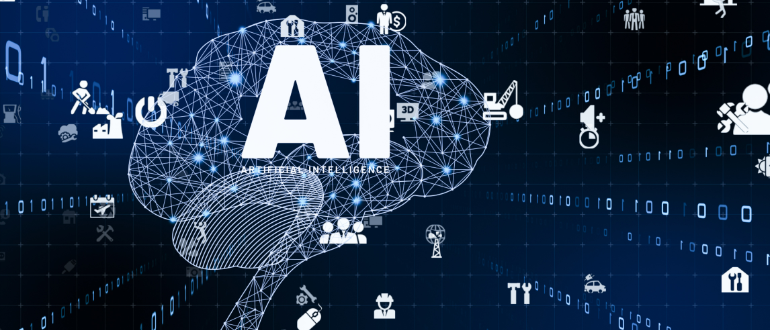
Artificial intelligence (AI) is fundamentally transforming the American workplace, with 85% of U.S. professionals facing the prospect of at least a quarter of their skills becoming obsolete or requiring significant adaptation because of generative AI, according to new data from LinkedIn on Tuesday.
The platform’s research reveals a workforce caught between mounting expectations and inadequate support, creating widespread anxiety about career relevance in an AI-driven economy.
The disconnect between expectations and support is creating a crisis of confidence. Four in ten professionals report that their companies expect them to use AI and believe AI mastery is necessary for promotion or landing new jobs. Yet fewer than half say their employers provide guidance or training on AI tools.
Jobs centered on writing, data analysis, and coding are experiencing the most rapid changes, with roles in media, communications, marketing, human resources, engineering, and design at the forefront of AI-driven evolution. Those most vulnerable in the near term are writers and editors, software engineers, data analysts, videographers, librarians, web designers, marketing strategists, accountants, photographers, and translators.
Meanwhile, occupations requiring physical presence or direct human interaction such as dentists, veterinarians, real estate agents, and social workers are evolving more slowly, though LinkedIn cautions that even these roles will likely face changes as AI tools become more widespread.
Job postings requiring AI literacy have skyrocketed 70% year-over-year in the U.S., with many of the most affected positions — software engineers, writers, data analysts, and marketing specialists — seeing the sharpest increases in AI skill requirements.
The skills shift is prompting significant career pivots. Over the past year, marketing professionals have commonly transitioned into program management and real estate, while engineers have moved into education and community services, according to LinkedIn. Legal professionals are shifting to research and operations roles, and accountants are finding new paths in education and operations.
The data paints a contradictory picture of American workers’ relationship with AI. While 54% express optimism about AI’s potential to improve their work lives — marketing and HR professionals are especially enthusiastic — the reality of adoption tells a different story.
Two-thirds of workers remain in “experimentation mode,” using AI only for simple tasks. Nearly half admit they’re not using AI to its full capability, and one-third rarely or never use it at work.
The yawning gap in AI skilling and market demands has roiled workers. LinkedIn revealed several vexing situations in the workplace: 41% of employees feel overwhelmed by the speed at which they’re expected to master AI; 40% feel uncertain about which AI skills matter and unprepared for how AI might change their roles; 39% are nervous to discuss AI at work for fear of appearing uninformed; and 40% worry about being outpaced or replaced by colleagues with better AI knowledge
Based on its findings, LinkedIn is introducing new resources to support professionals making the AI transition, including free AI-focused courses, a five-day learning challenge, and curated lists of AI experts offering practical workplace guidance.

